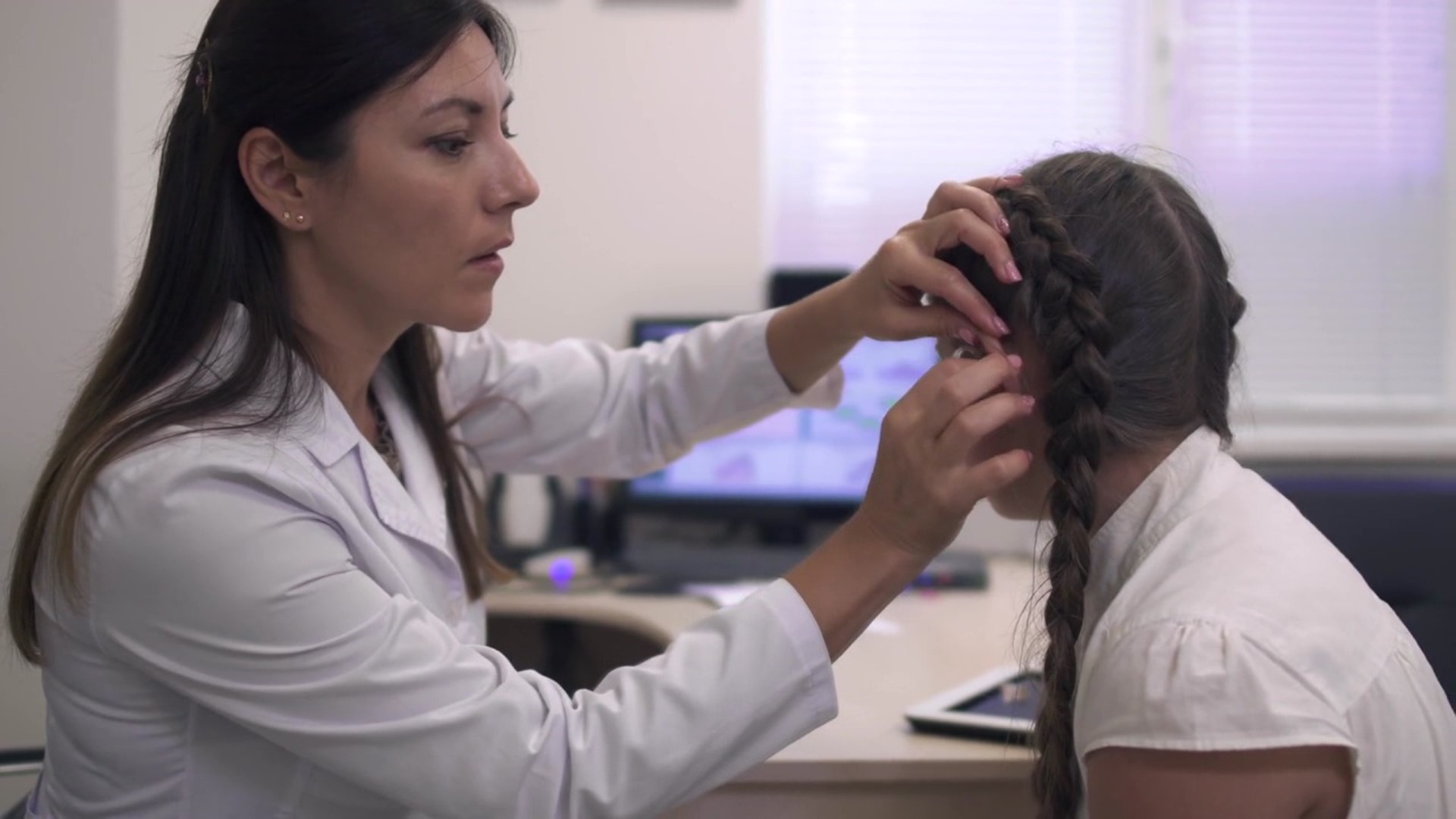BERWICK, Pa. — The shirt Lauren Gromel wears proudly says, "Audiologists are 'hear' for you," even if their physical offices aren't open.
Gromel owns The Hearing Place in Berwick, which is currently closed due to COVID-19.
"A lot of our patients have become dear friends, and I feel like they're family members, so you don't want to leave them stranded now," Gromel said.
Now that more people are wearing face masks, those with hearing loss can't rely on visual cues, like facial expressions or lip-reading, to communicate. With the CDC's recommendation to stay at least six feet apart from others, they can't even get closer to the person they're talking to.
Gromel says the current environment could leave hearing- impaired people feeling alone and isolated.
"They're already stressed, and then you add the hearing loss on top, and they start to withdraw even more."
The Pennsylvania Department of Health says sales of hearing aids are currently not allowed because tests and fittings require close physical contact. Repairs and deliveries of necessary supplies, such as batteries, are allowed on a limited basis.
Gromel says many of her customers have reached out for help since the pandemic began.
Fortunately, new technology is making it easier to connect with and care for patients.
"I don't know where we'd be if this happened 20 years ago."
Most hearing aid manufacturers now have their own app that allows your audiologist to make changes to your hearing aid from their office, then send it back to you on your phone at home.
You can also buy a type of mask called "The Communicator." The FDA-approved surgical mask has a clear space around the mouth, so it's easier to read lips.
Gromel has five tips for people who are trying to communicate with a hearing-impaired person.
- Get the person's attention; address them directly.
- Be in the same room.
- Slow down your speech.
- Reduce background noise.
- Rephrase your statement if the person doesn't understand you at first.

